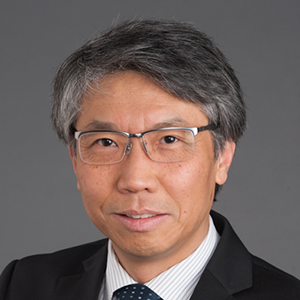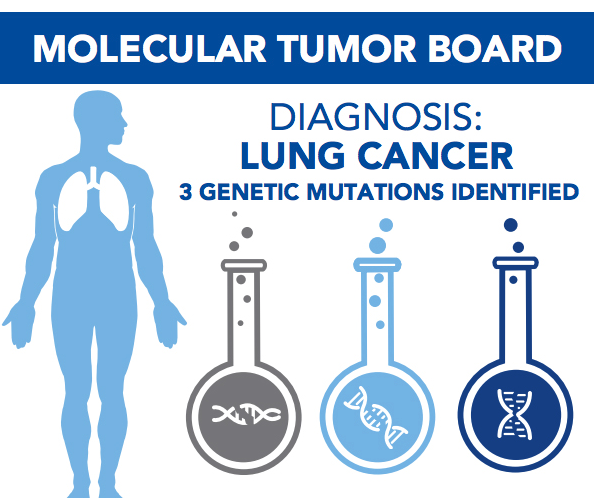Biography
Dr. Zhang received his BS degree in biochemistry from Peking University in 1985. He went to the graduate school in the US under the CUSBEA program in 1986 and received his PhD degree in molecular biology from The University of Texas Graduate School of Biomedical Sciences. Dr. Zhang joined the faculty of The University of Texas M. D. Anderson Cancer Center in 1994 and rose to the rank of Full Professor in Pathology and Cancer Biology in 2006. Dr. Zhang served as the director of M. D. Anderson Cancer Center’s Cancer Genomics Core Laboratory since 1999. Dr. Zhang co-directed a Genome Data Analysis Center (GDAC) under the Cancer Genome Atlas (TCGA). Dr. Zhang is also the Director of the NFCR’s Center for Systems Informatics. In 2016, Dr. Zhang joined the Wake Forest Baptist Comprehensive Cancer Center to become the inaugural Hanes and Willis Family Professor in Cancer and the Director of the Center for Cancer Genomics and Precision Oncology. Dr. Zhang is also the Leader of the Cancer Genetics and Metabolism Program in the NCI-funded CCSG for the Wake Forest Baptist Comprehensive Cancer Center. Dr. Zhang has published more than 350 peer-reviewed papers. Dr. Zhang’s research has been supported by numerous grants from NCI/NIH, DOD, and several foundations including National Foundation for Cancer Research (NFCR), Goldhirsh Foundation, James S. McDonald Foundation, and Shriver Initiatives for Sarcoma. Dr. Zhang is a well sought after reviewer for federal funding agencies and he has reviewed more than 320 NIH grants. Dr. Zhang serves on the AACR’s China committee. Dr. Zhang is also the Chairman of the Board of Directors, US Chinese Anti-Cancer Association.
Session Abstract – PMWC 2020 Silicon Valley
The Molecular Tumor Board (MTB) was mostly established to facilitate the incorporation of molecular diagnostics into the consideration of appropriate therapies for patients with late stage cancer. Initially, much of the deliberation was focused on understanding the results of such testing, as reporting of results was limited in scope and frequently understandable only to cutting edge experts in the field. Improved, but still not perfect, reporting now exists, so discussion has shifted to prognostic and therapeutic considerations. That said, the collective experience with rare mutations and off label therapies is still such that collective wisdom is necessary. This brings up the issue of how MTBs collect, share, and preserve data within a specific MTB, and perhaps more importantly, how it might be shared amongst MTBs and beyond. While initial activity related to MTBs resided almost exclusively in large academic, and select community, medical centers, there is now significant effort in the commercial setting as well, with a number of intriguing efforts presently underway. Important and evolving issues, such as defining which patients are most likely to benefit from the efforts of a MTB, Virtual MTBs, and the generation of Real World Evidence, will be discussed.









